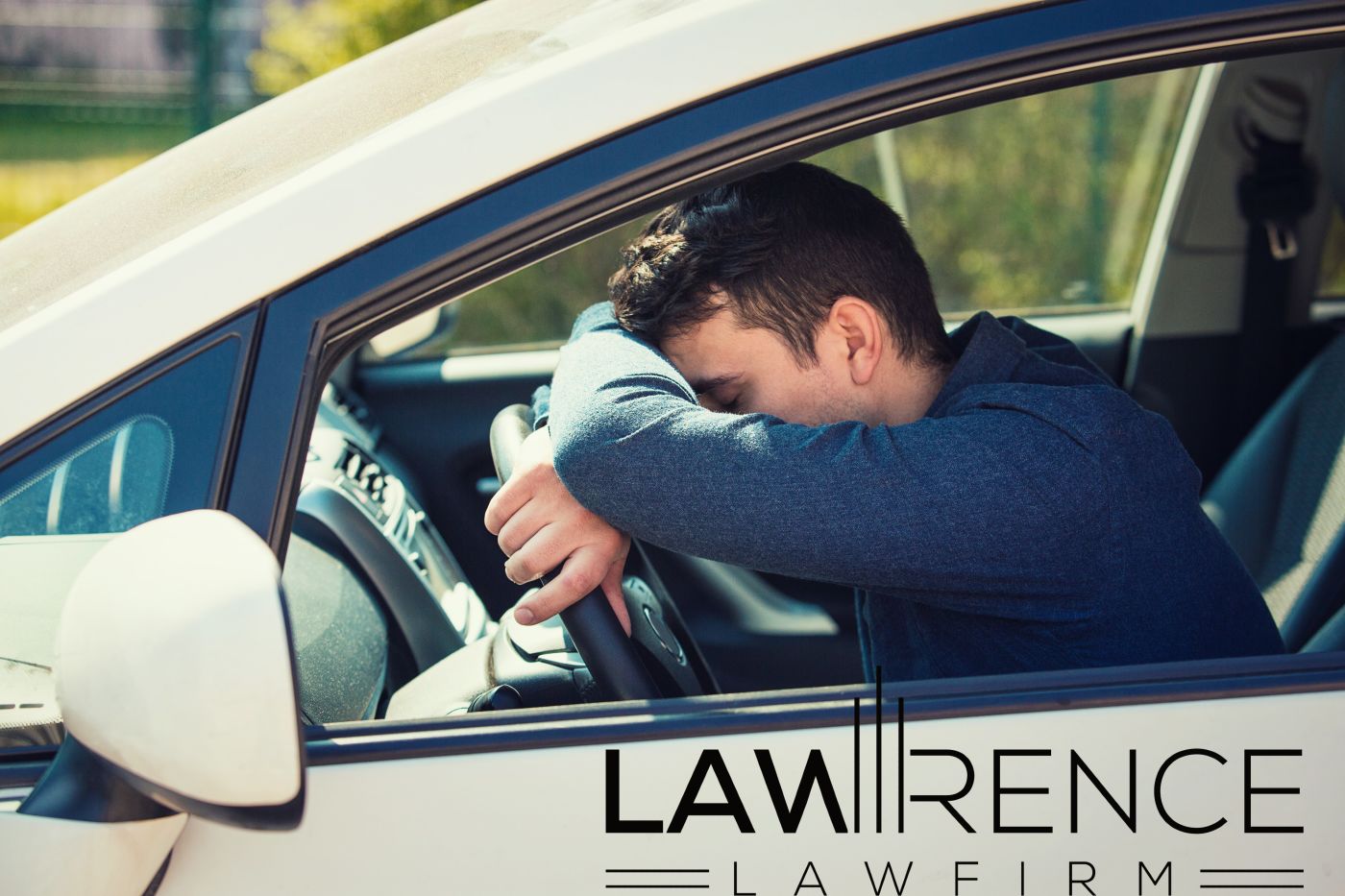
What Does Driving Mean under Colorado DUI Law?
Driving under the influence is the operation of a motor vehicle while under the influence. Driving under the influence can involve drugs or alcohol. The first major element of a DUI is driving.
While driving is a word most individuals use in their day-to-day vernacular. Driving has a much broader meanings under Colorado Law. DUI law focuses on the term operation. Operation has been defined as driving or being in actual physical control of a motor vehicle.
This issue typically arises when a defendant is found sleeping in their vehicle. A defendant can be found on the side of the road or outside of business. If the police smell alcohol on their breath, they will likely arrest the individual for DUI.
If you are charged with a DUI offense in Colorado, speak with a DUI Defense attorney. A DUI lawyer will be able to examine the facts of your case and determine the best way for you to proceed. The Lawrence Law Firm offers free consultations to clients facing DUI charges.
What is Operation of a Motor Vehicle?
The statute defining DUI and DWAI is found a C.R.S. 42-4-1301. The D in both terms refers to drive. The term “drive” means to exercise “actual physical control” over a motor vehicle.
Neither drive or actual physical control requires the vehicle to physically move or travel a particular distance. A defendant as found to have exercised actual physical control of a vehicle when he was asleep at the wheel.
A seminal case on actual physical control is People v. Swain. This case provides a list of factors a jury can consider in deciding whether a defendant had actual physical control of a vehicle. The factors include the following:
1. Where the vehicle was found;
2. Where in the vehicle the person was found;
3. Whether or not the keys were in the motor vehicle’s ignition;
4. Whether or not the motor vehicle was running;
5. Any other factor which tends to indicate that the person exercised bodily influence or direction over a motor vehicle or not based on day-to-day experience.
This list is not exhaustive. This means that the jury can consider other relevant factors. An aggressive DUI Defense Attorney will be able to look at the facts of a defendant’s case and suggest other factors for a jury to consider. One that comes up often is intent.
A crime will be committed when a person commits an offense with the required mental state. Unlike other criminal offenses, DUIs do not require a criminal mental state. A defendant does not have to intent to drive under the influence.
Intent can play a crucial role in actual physical control cases. A defendant that is in their car outside a bar waiting on an uber could argue a lack of actual physical control based on this factor.
It always helpful to speak with a DUI Defense lawyer. Our firm offers free consultations.
What Are Some Common Problems with Actual Physical Control Cases?
Facts are extremely important when investigating an actual physical control case. This includes observations by a police officer and statements made by a defendant.
An officer’s observations can include both direct and circumstantial evidence. Direct evidence are things seen and observed by the officer. This would include the officer seeing where the car is located and who is the listed owner of the vehicle.
Circumstantial evidence is indirect evidence. An example of direct evidence would be someone seeing it rain. They can testify that it is raining based on their own observations.
Conversely, a person that works in a building could infer it is raining if people are coming in wet with umbrellas. The person can testify it was raining, even if they don’t see it.
Circumstantial evidence in a DUI case would be facts that support an accusation that driving occurred at some point prior to police involvement. A car parked in the middle of nowhere with a driver insider leads to a suggestion that person was the driver. The circumstantial evidence becomes stronger if the vehicle is owned by the person and they have the keys.
This evidence can also be supported by police investigation. Police are trained to approach defendants in a non-threatening manner. There will be questions designed to get a defendant to make admissions that could be used against them.
In a DUI investigation, a police officer will ask questions of the defendant about what was happening prior to their contact. This would include questions about when their last drink was and where they were coming from. There could also be a question about whether anyone else was driving the vehicle that night.
The answers to these questions could seriously harm a citizen’s ability to defend against allegations of a DUI. A DUI attorney would be able to look at what evidence the police have against a defendant and determine if the people have enough evidence to prove a case beyond a reasonable doubt.
SPEAK WITH A DUI DEFENSE ATTORNEY TODAY
A DUI can seriously impact a defendant’s life. It may seem simple and straight forward, but this kind of case can be complicated. It is important to speak with a DUI Defense Attorney that understands the complexities of a DUI case.
The law surrounding actual physical control is complex. The Lawrence Law Firm understands the cases surrounding this topic and monitors any change in the law.
Our firm routinely handles DUI Cases. We are ready, willing, and able to provide you the representation you deserve. We offer free consultations and flexible payment plans. Our goal is to provide aggressive representation to anyone who needs it, while no sacrificing any defendants because of budget.
Our defense lawyer routinely represents clients in Arapahoe, Denver, Adams, Jefferson, and any metro case. Our firm offers appointments afterhours or on the weekends.
Request a consultation from our DUI Defense Attorney and let us know how we can help.

